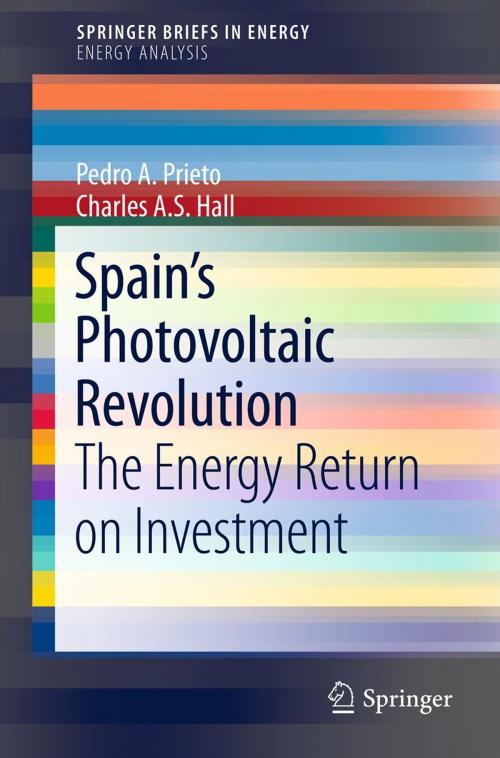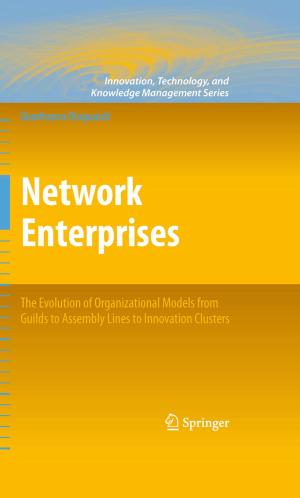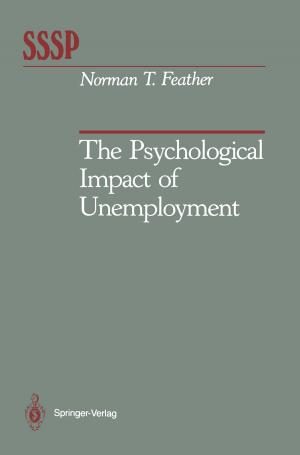Spain’s Photovoltaic Revolution
The Energy Return on Investment
Nonfiction, Science & Nature, Science, Physics, Energy, Technology, Power Resources| Author: | Pedro A. Prieto, Charles A. S. Hall | ISBN: | 9781441994370 |
| Publisher: | Springer New York | Publication: | January 4, 2013 |
| Imprint: | Springer | Language: | English |
| Author: | Pedro A. Prieto, Charles A. S. Hall |
| ISBN: | 9781441994370 |
| Publisher: | Springer New York |
| Publication: | January 4, 2013 |
| Imprint: | Springer |
| Language: | English |
The Energy Return on Energy Invested (EROI or EROEI) is the amount of energy acquired from a particular energy source divided by the energy expended, or invested, in obtaining that energy. EROI is an essential and seemingly simple measure of the usable energy or “energy profit” from the exploitation of an energy source, but it is not so easy to determine all of the energy expenditures that should be included in the calculation. Because EROI values are generally low for renewable energy sources, differences in these estimates can lead to sharply divergent conclusions about the viability of these energy technologies. This book presents the first complete energy analysis of a large-scale, real-world deployment of photovoltaic (PV) collection systems representing 3.5 GW of installed, grid-connected solar plants in Spain. The analysis includes all of the factors that limit and adjust the real electricity output through one full-year cycle, and all of the fossil fuel inputs required to achieve these results. The authors’ comprehensive analysis of energy inputs, which assigns energy cost estimates to all financial expenditures, yields EROI values that are less than half of those claimed by other investigators and by the solar industry. Sensitivity analysis is used to test various assumptions in deriving these EROI estimates. The results imply that the EROI of current, large-scale PV systems may be too low to seamlessly support an energy and economic transition away from fossil fuels. Given the pervasiveness of fossil fuel subsidies in the modern economy, a key conclusion is that all components of the system that brings solar power to the consumer, from manufacturing to product maintenance and life cycle, must be improved in terms of energy efficiency. The materials science of solar conversion efficiency is only one such component.
Sunny Spain represented an ideal case study as the country had the highest penetration of solar PV energy at 2.3 percent of total national demand as well as state-of-the-art expertise in solar power including grid management of intermittent, modern renewable systems. This book, written by a uniquely qualified author team consisting of the chief engineer for several major photovoltaic projects in Spain and the world’s leading expert on the concept and application of EROI, provides a comprehensive understanding of the net energy available to society from energy sources in general and from functioning PV installations under real-world conditions in particular. The authors provide critical insight into the capacity of renewable energy sources to fill the foreseeable gap between world energy demand and depletion rates for fossil fuels.
· Presents the first comprehensive study of the EROI of large-scale solar PV systems in a developed country
· Uses real-world operational data rather than laboratory approximations and extrapolations
· Describes the dependence of one alternative energy source on the goods and services of a fossil-fueled economy
· Has global implications for the potential of renewable energy sources to replace dwindling reserves of fossil fuels
· Written with the first-hand knowledge of the chief, on-site engineer for many solar installations in Spain together with the leader in the development and application of the concept of EROI
The Energy Return on Energy Invested (EROI or EROEI) is the amount of energy acquired from a particular energy source divided by the energy expended, or invested, in obtaining that energy. EROI is an essential and seemingly simple measure of the usable energy or “energy profit” from the exploitation of an energy source, but it is not so easy to determine all of the energy expenditures that should be included in the calculation. Because EROI values are generally low for renewable energy sources, differences in these estimates can lead to sharply divergent conclusions about the viability of these energy technologies. This book presents the first complete energy analysis of a large-scale, real-world deployment of photovoltaic (PV) collection systems representing 3.5 GW of installed, grid-connected solar plants in Spain. The analysis includes all of the factors that limit and adjust the real electricity output through one full-year cycle, and all of the fossil fuel inputs required to achieve these results. The authors’ comprehensive analysis of energy inputs, which assigns energy cost estimates to all financial expenditures, yields EROI values that are less than half of those claimed by other investigators and by the solar industry. Sensitivity analysis is used to test various assumptions in deriving these EROI estimates. The results imply that the EROI of current, large-scale PV systems may be too low to seamlessly support an energy and economic transition away from fossil fuels. Given the pervasiveness of fossil fuel subsidies in the modern economy, a key conclusion is that all components of the system that brings solar power to the consumer, from manufacturing to product maintenance and life cycle, must be improved in terms of energy efficiency. The materials science of solar conversion efficiency is only one such component.
Sunny Spain represented an ideal case study as the country had the highest penetration of solar PV energy at 2.3 percent of total national demand as well as state-of-the-art expertise in solar power including grid management of intermittent, modern renewable systems. This book, written by a uniquely qualified author team consisting of the chief engineer for several major photovoltaic projects in Spain and the world’s leading expert on the concept and application of EROI, provides a comprehensive understanding of the net energy available to society from energy sources in general and from functioning PV installations under real-world conditions in particular. The authors provide critical insight into the capacity of renewable energy sources to fill the foreseeable gap between world energy demand and depletion rates for fossil fuels.
· Presents the first comprehensive study of the EROI of large-scale solar PV systems in a developed country
· Uses real-world operational data rather than laboratory approximations and extrapolations
· Describes the dependence of one alternative energy source on the goods and services of a fossil-fueled economy
· Has global implications for the potential of renewable energy sources to replace dwindling reserves of fossil fuels
· Written with the first-hand knowledge of the chief, on-site engineer for many solar installations in Spain together with the leader in the development and application of the concept of EROI















